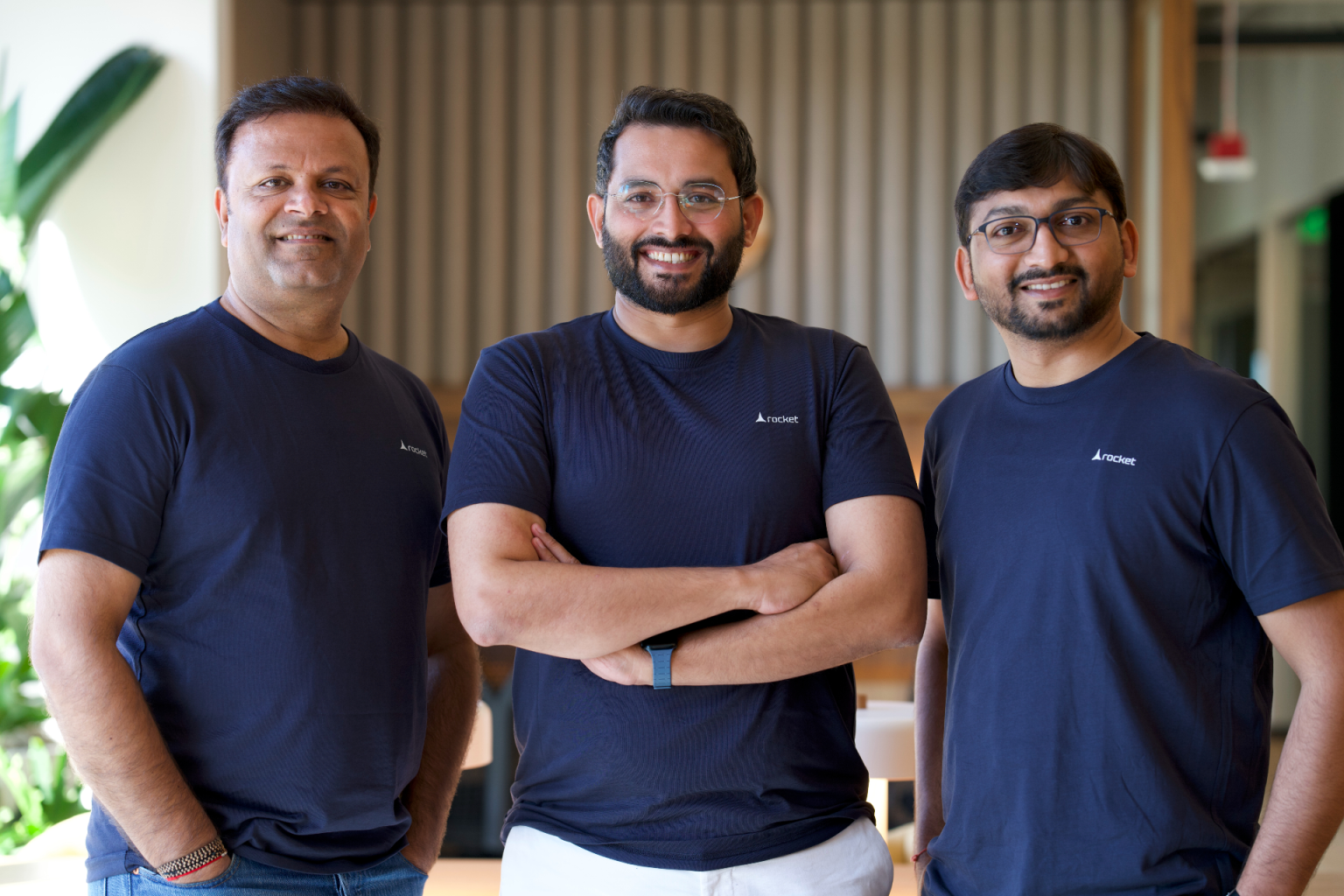The Vibe Shift in Coding: Is AI Coming for Engineers?
By TechXNow -Team ( iteshpal ) | June 2025
On a high-resolution screen in Kirkland, Washington, four active terminals hum as artificial intelligence cranks out thousands of lines of code. Veteran software engineer Steve Yegge, formerly of Google and AWS, leans back and watches the show.
“One’s running tests, one’s generating a plan—I’m technically working on four projects at once,” Yegge says. “But really, I’m just burning tokens.”
Welcome to the era of vibe coding—the AI-driven approach to software development that’s flipping decades of assumptions about the future of programming.
From Autocomplete to Autonomous
When ChatGPT launched in late 2022, its coding capabilities felt like a productivity boost: helpful autocomplete, faster snippets. But in just a few short years, LLMs (large language models) have evolved into autonomous agents that can spin up entire apps, manipulate files, and even run tests—all from a few lines of human instruction.
The term “vibe coding,” coined by AI researcher Andrej Karpathy in early 2024, captures this shift: software development through high-level prompting, not painstaking line-by-line construction. As capabilities grow, so do fears. Platforms like X and Bluesky are buzzing with speculation about companies cutting dev teams—or scrapping them entirely.
Dario Amodei, CEO of Anthropic, told an audience at the Council on Foreign Relations earlier this year, “We’re not far from a world—maybe six months—where AI writes 90% of code. In a year, it could be nearly all of it.”
AI may write 90% of throw away verbose vibe code
— Seb ⚛️ ThisWeekInReact.com (@sebastienlorber) March 11, 2025
Yet to be seen if it will write 1% of critical code without human expert intervention/review
AI is not accountable for its mistakes https://t.co/Fa6nuBRYzx
Code Revolution or Coding Bubble?
Not everyone is sold on the AI-coding takeover. Many in the software world argue that while AI can speed up routine tasks, it remains error-prone, unpredictable, and often insecure. The result? A paradox: coding has never been easier to start—but understanding it deeply may be more critical than ever.
MIT economist David Autor compares the situation to transcription work—quickly automated by AI—but warns that complex software engineering won’t be so easily replaced. He also points to the elasticity of demand: if the need for software expands like the ride-hailing boom, we might see more code being written by more people, not fewer.
“There may be an Uber effect on engineering,” Autor says.
Vibe Coding Goes Mainstream
Yegge—now leading AI-coding efforts at Sourcegraph—has become a vibe-coding evangelist. He’s even co-authoring a book, Vibe Coding, with veteran developer Gene Kim. Their prediction? AI-driven programming will be the default by year’s end.
Startups like Cursor and Windsurf are already capitalizing on this movement, with Windsurf reportedly in talks to be acquired by OpenAI.
Still, not all engineers are convinced. Many, including Ken Thompson of Anaconda, cite AI’s nondeterministic nature—generating different results from the same input—as a serious risk for real-world development.
“Younger devs are jumping in. Older ones are cautious,” Thompson says.
Martin Casado, a partner at Andreessen Horowitz and a board member at Cursor, acknowledges the transformation. “This is the biggest shift in software since we moved beyond assembly,” he says. “But AI is better at flash than precision.”
The Catch: Quality Still Matters
The promise of vibe coding doesn’t erase the pitfalls. Developers report AI introducing critical bugs, security vulnerabilities, and costly design flaws. Some even discover their AI-generated apps only simulate functionality, without actually delivering it.
“You need to watch them like toddlers,” Yegge quips.
A March WIRED survey reflected the divide: about 36% of developers are optimistic about AI coding tools, while 38% remain skeptical.
Daniel Jackson, a computer science professor at MIT, worries about “mostly working” code creeping into production. “If you care about the software, you care that it works right,” he says.
Jackson believes future software may evolve to suit AI better—with modular architectures, fewer dependencies, and constant testing.
But he also sees danger in relying too heavily on generative tools: “We could end up with a generation of coders who can’t debug or secure what they build.”
Coding Isn’t Dead—But It’s Evolving
Despite concerns, AI isn’t wiping out engineering roles just yet. Companies like Honeycomb and Milestone say they’re seeing more demand for better engineers, not fewer.
Christine Yen, CEO of Honeycomb, says AI helps with routine tasks, but developers still bring the critical thinking. “The hard part of building systems isn’t volume—it’s judgment,” she says.
Naveen Rao, VP of AI at Databricks, notes a real shift in team sizes. “Where I once needed 50 engineers, now maybe I need 30. That’s a real change.” But coding skills, he argues, are still essential. “It’s like telling kids not to learn math.”
Yegge and Kim agree. They see AI as a powerful tool, but one that still demands engineering discipline. Their advice? Build modularly, test constantly, and embrace experimentation—just don’t forget to check your cloud bill.
As the AI coding wave accelerates, one thing is clear: knowing how to code is no longer just about syntax—it’s about navigating a rapidly changing landscape where human judgment and machine power must collaborate.
sources ( Wired )




